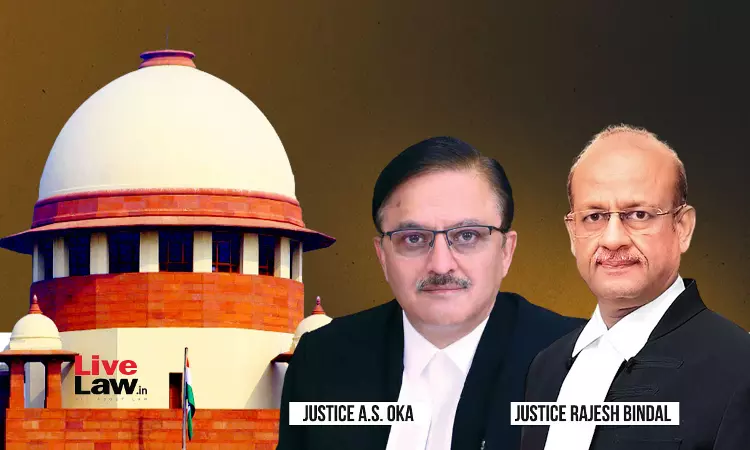The Supreme Court recently converted the conviction of a Delhi Police guard under Section 302 IPC(Murder) to Section 304A(causing death by negligence) in the case related to the death of a constable due to accidental firing. The appellant armed with a semiautomatic weapon was merely asking the deceased constable to get off the phone when a playful scuffle led to the tragic incident.The...

